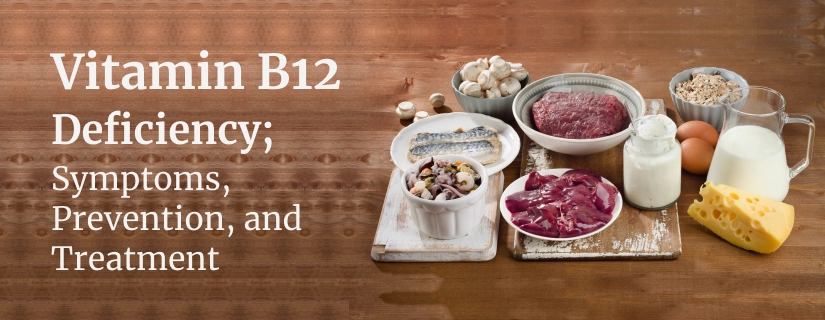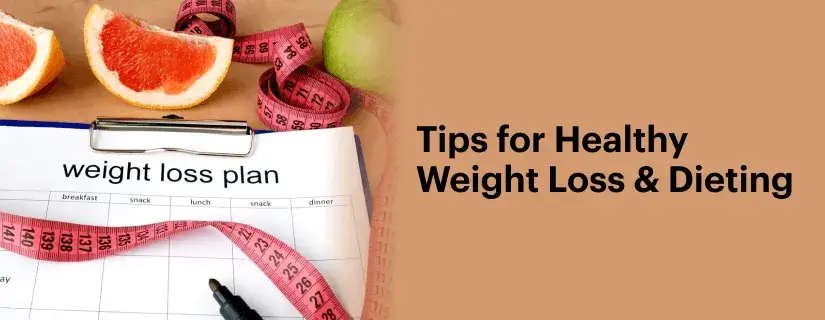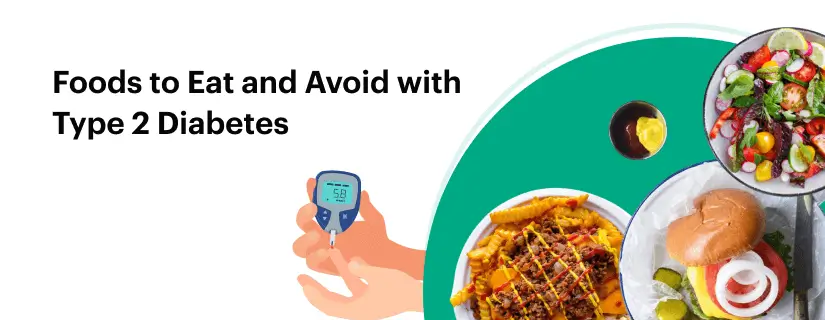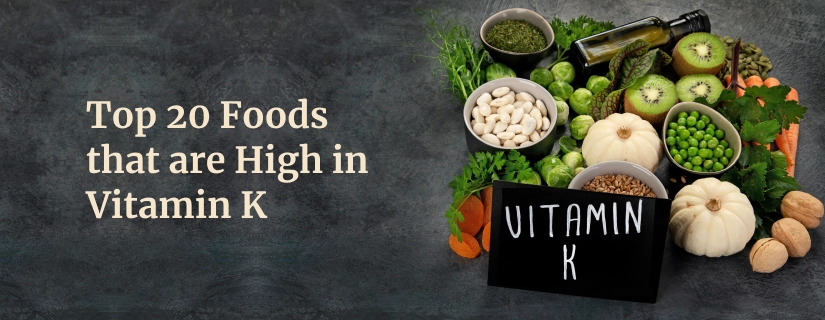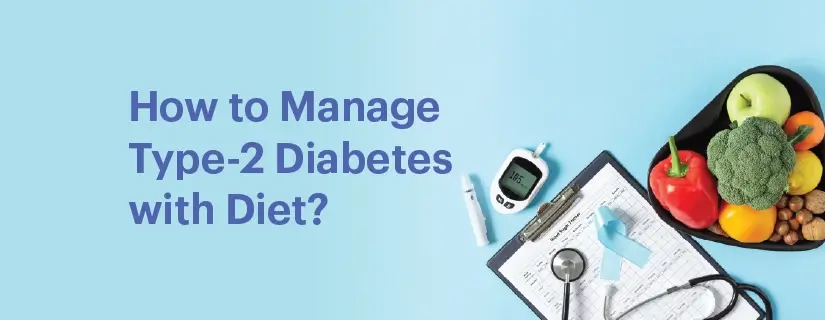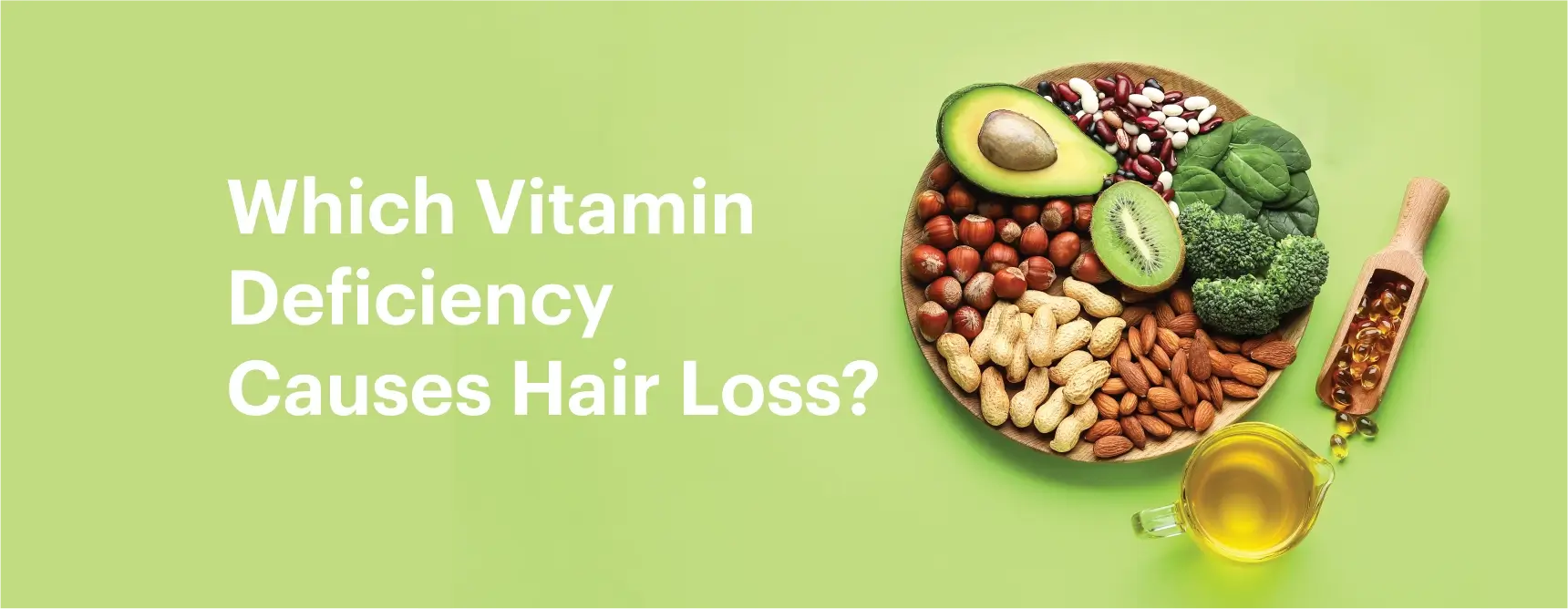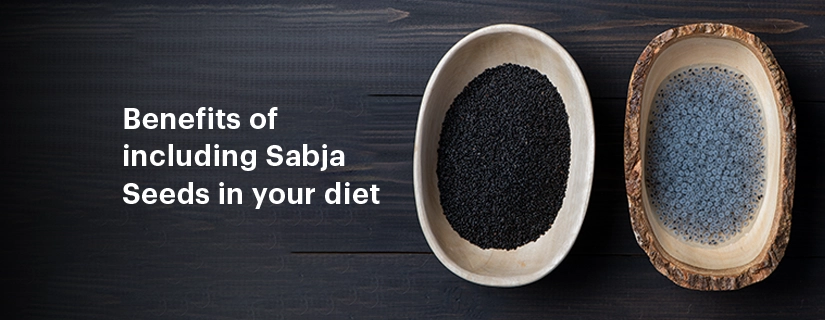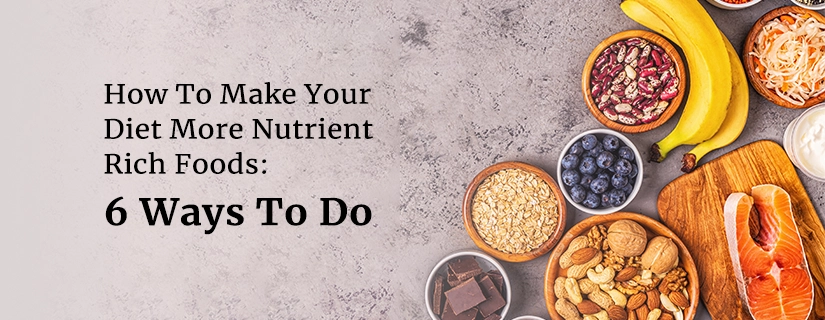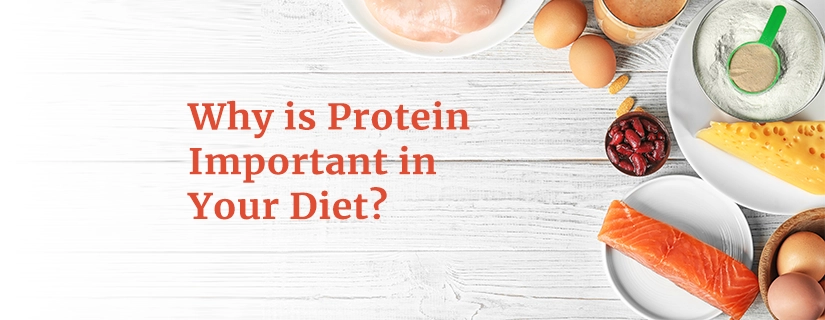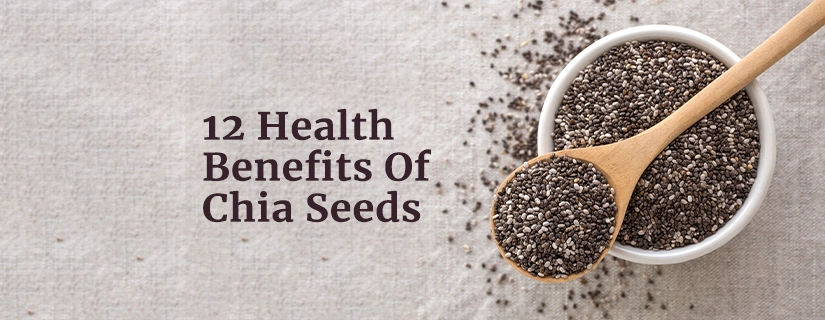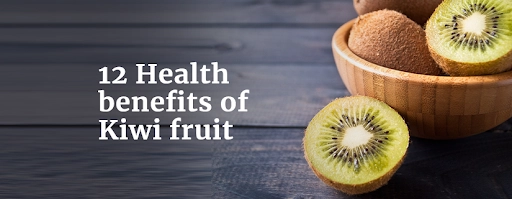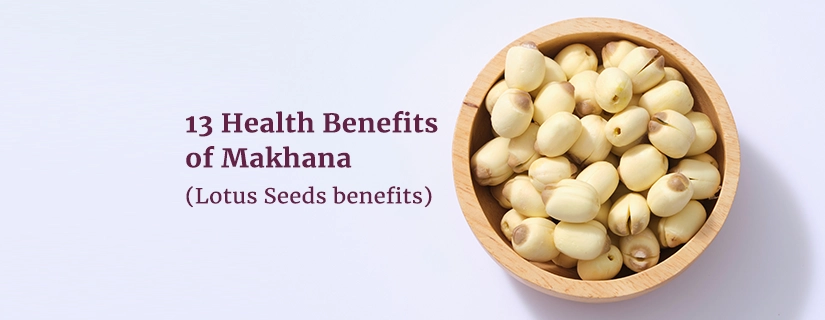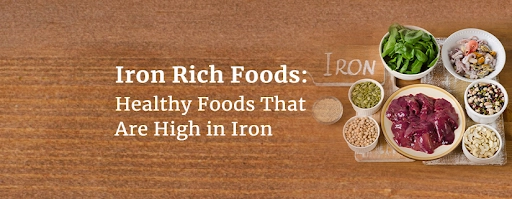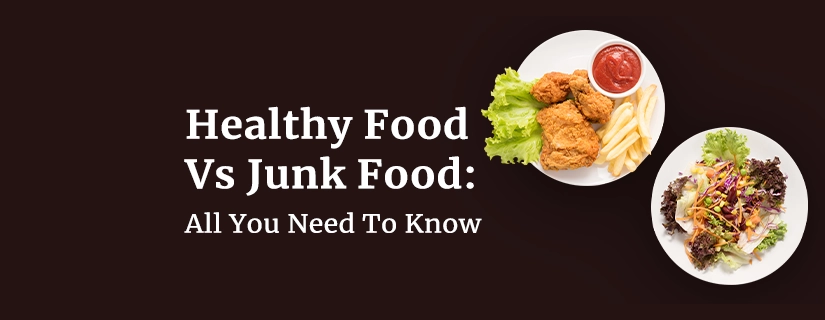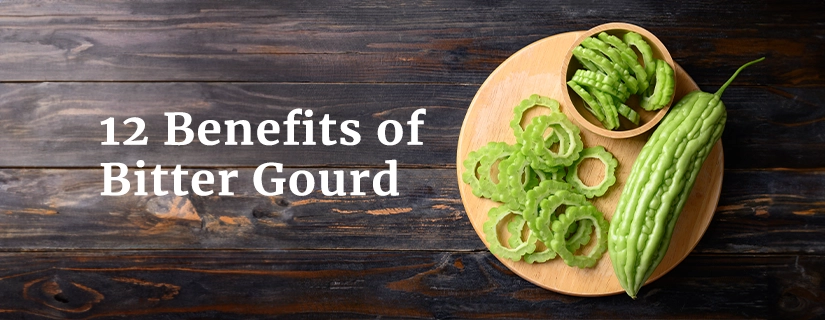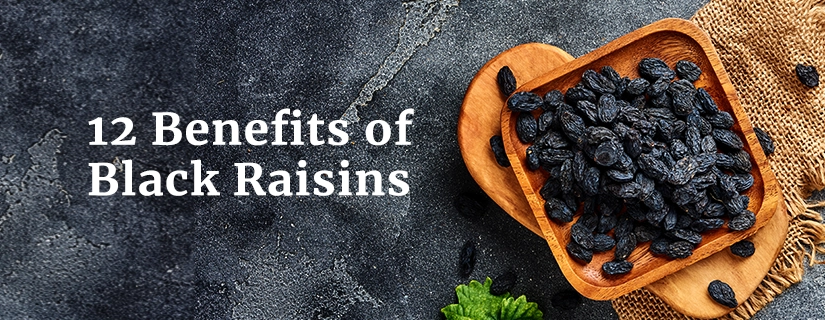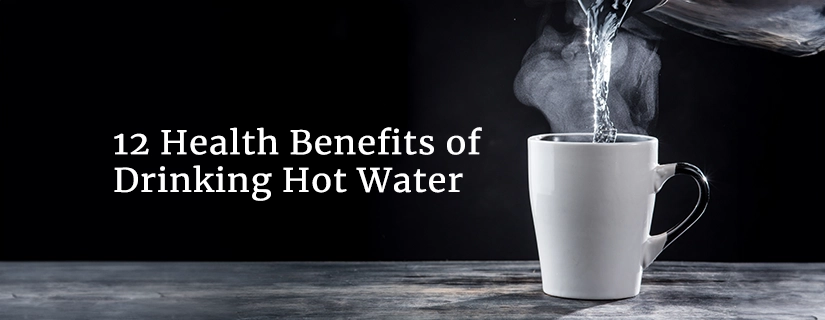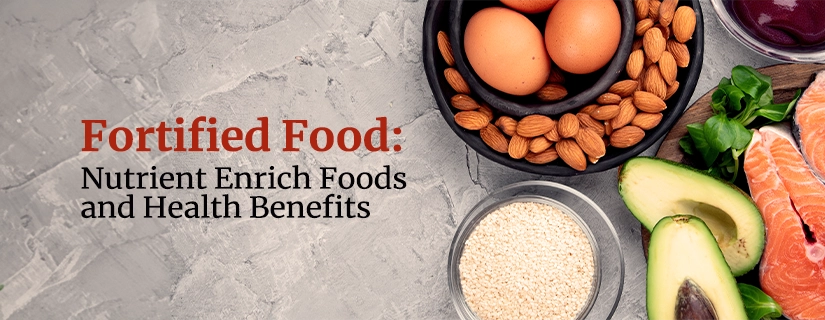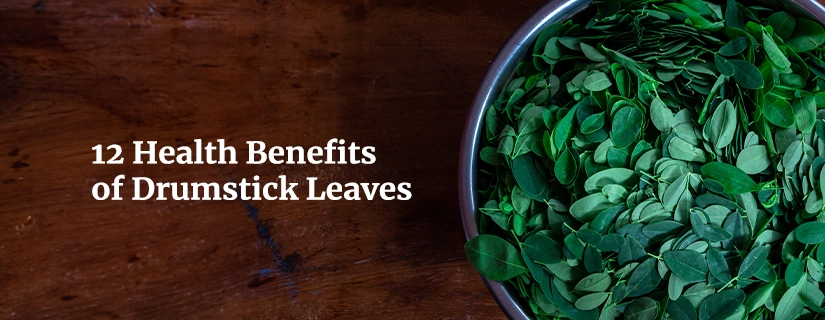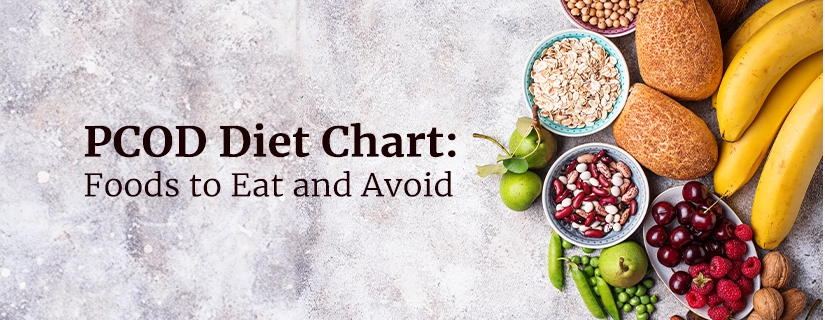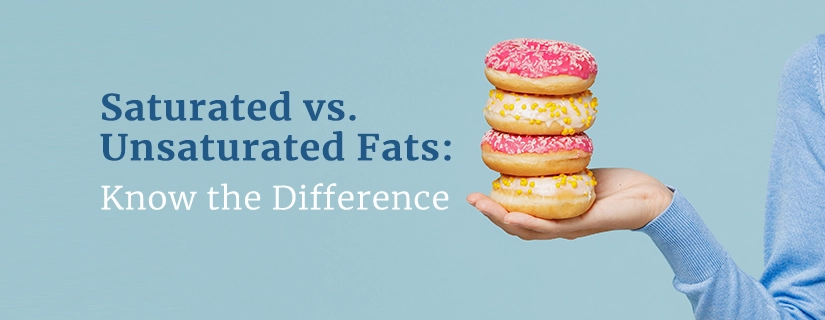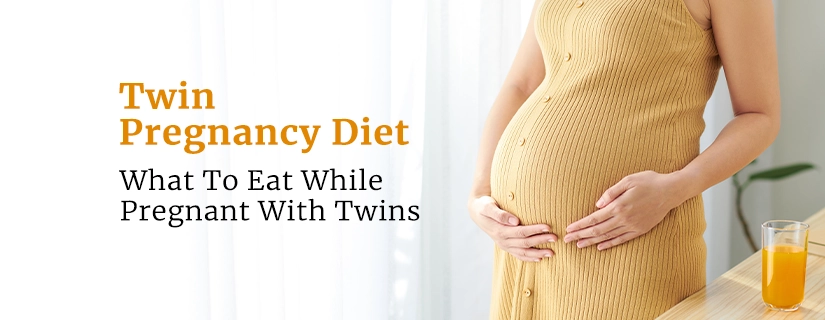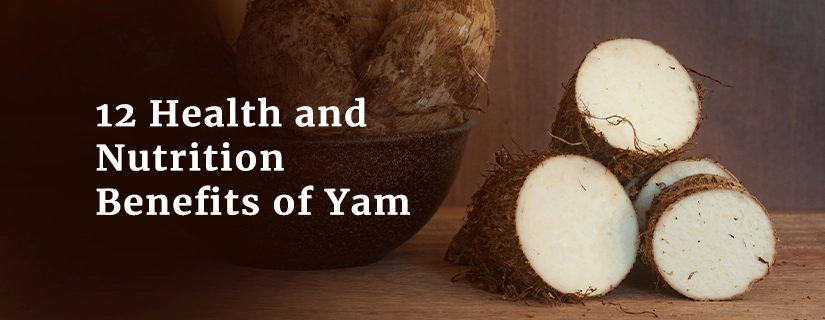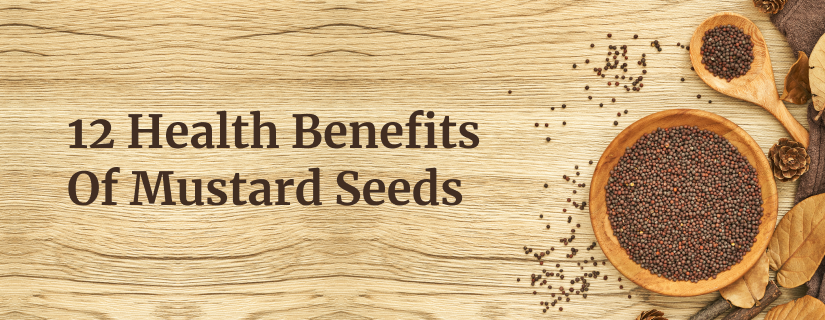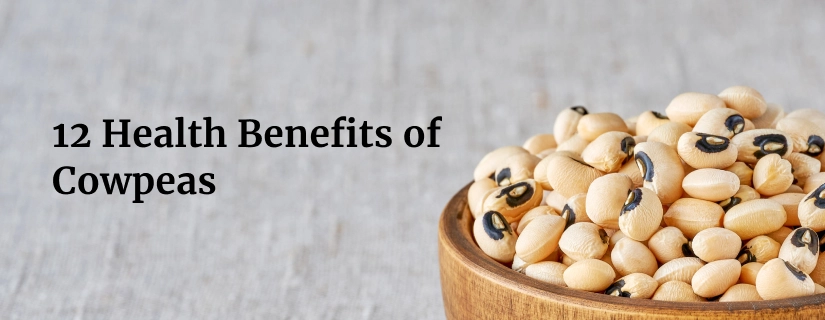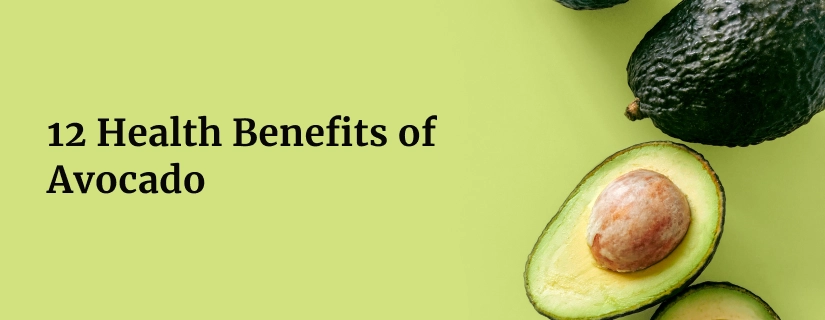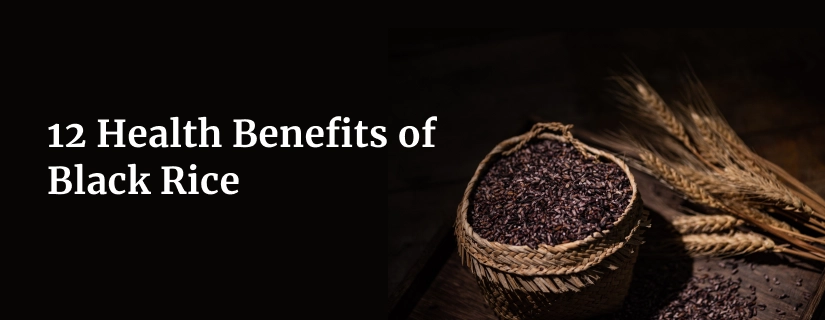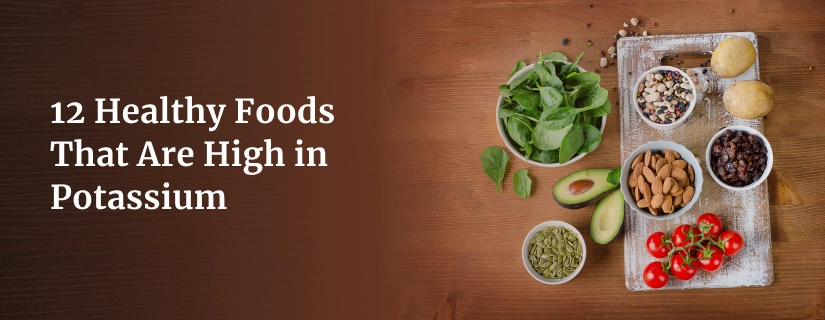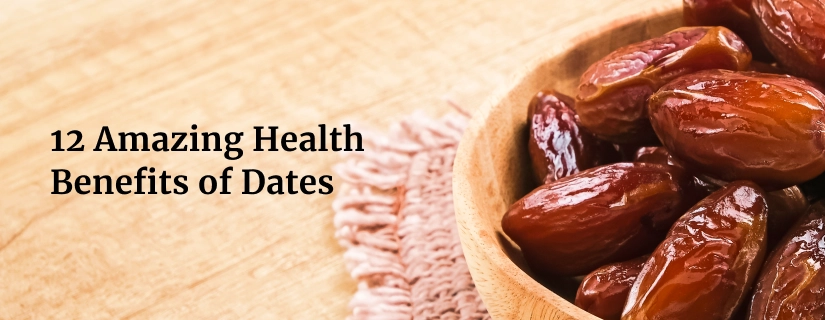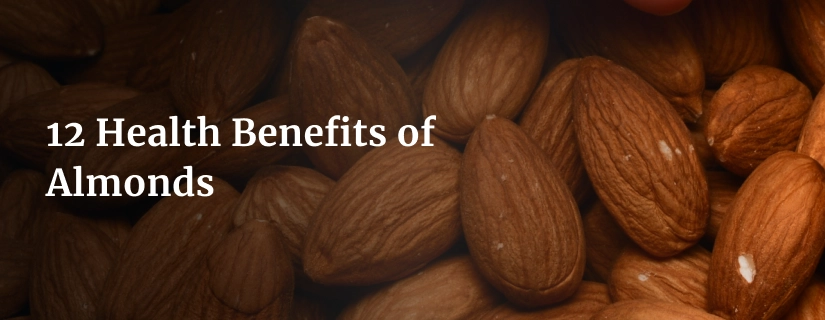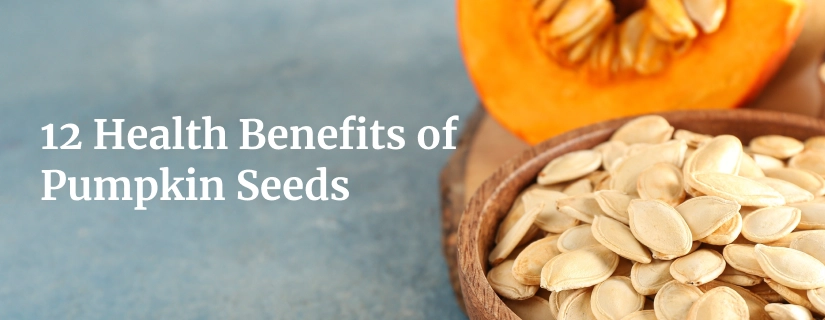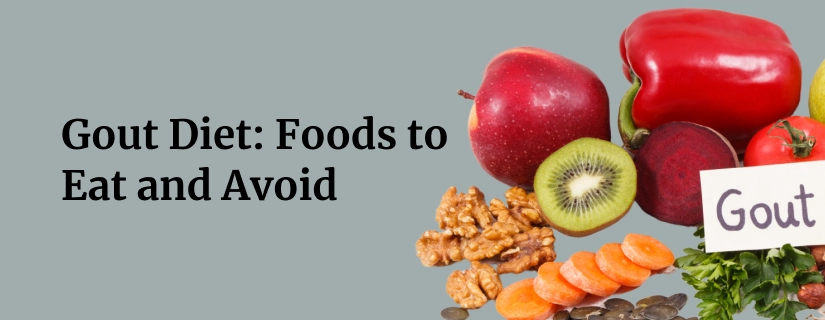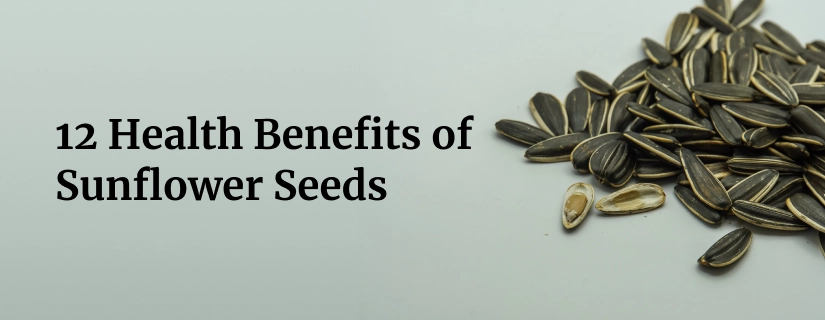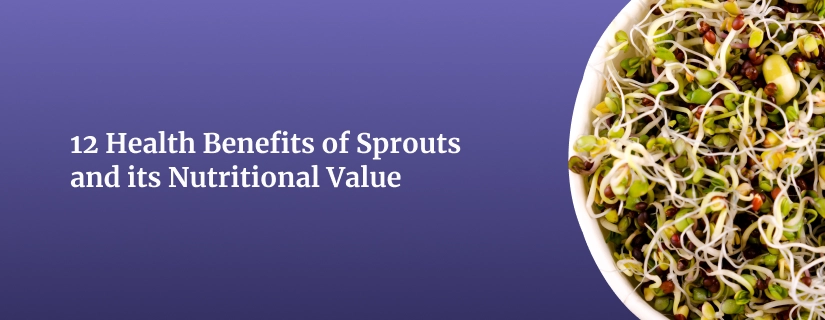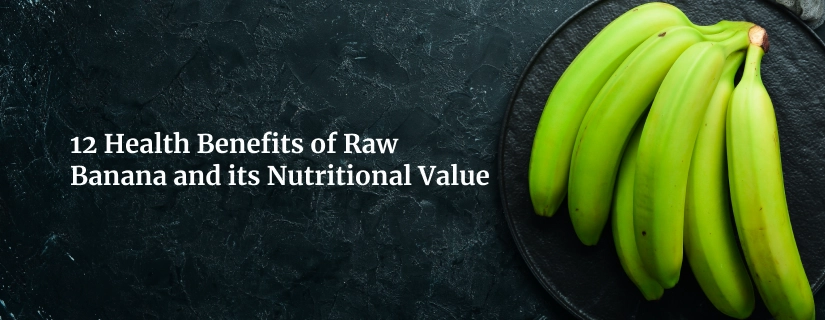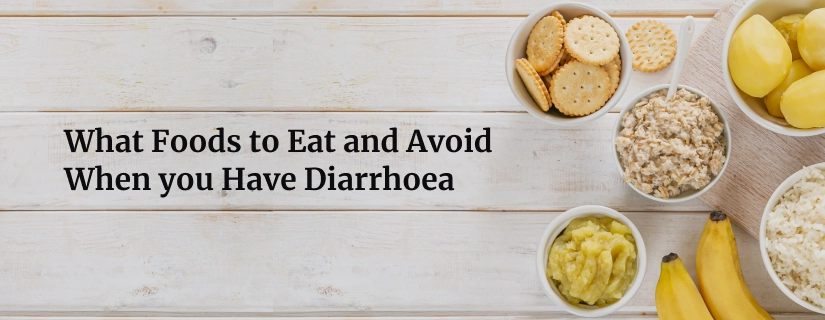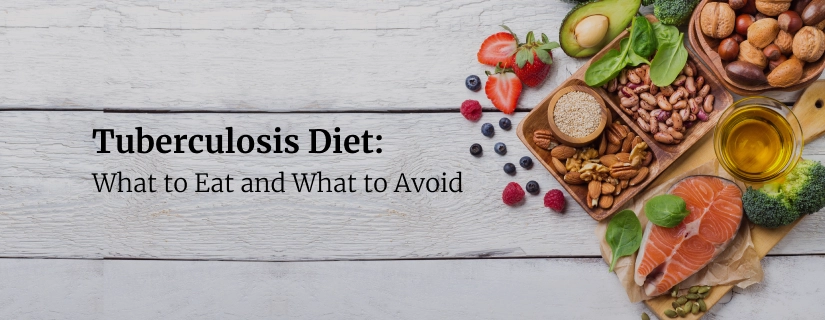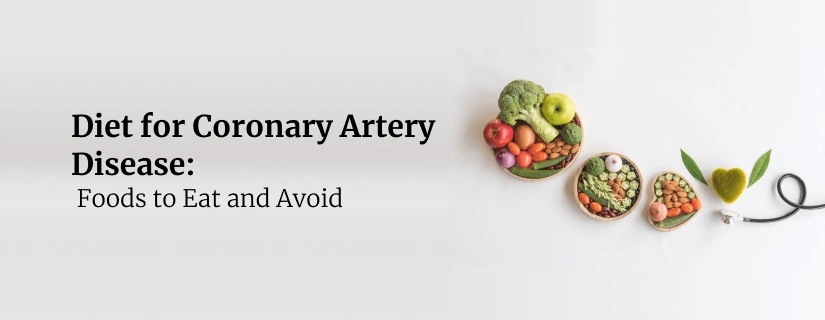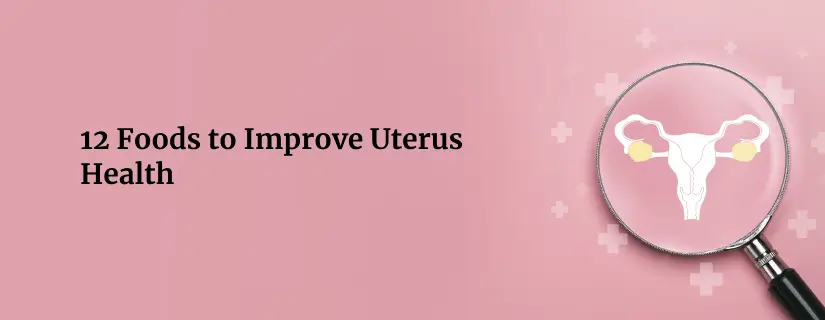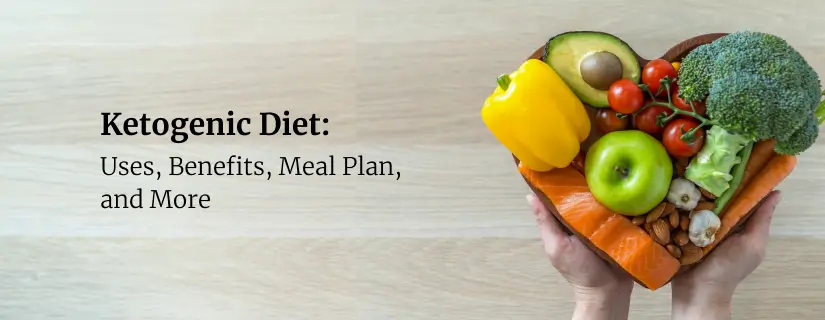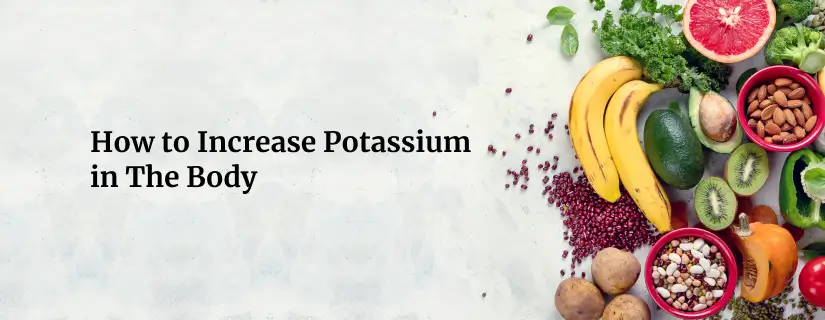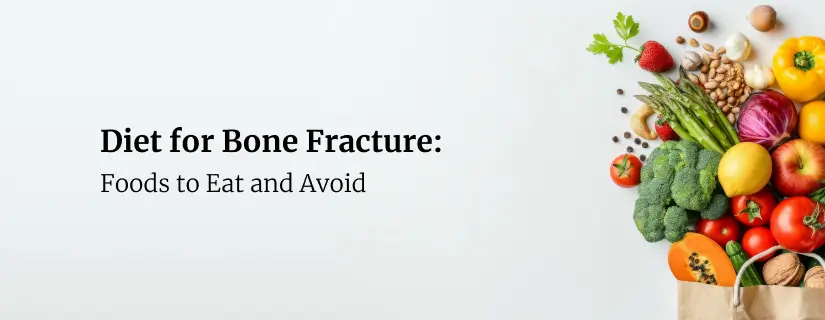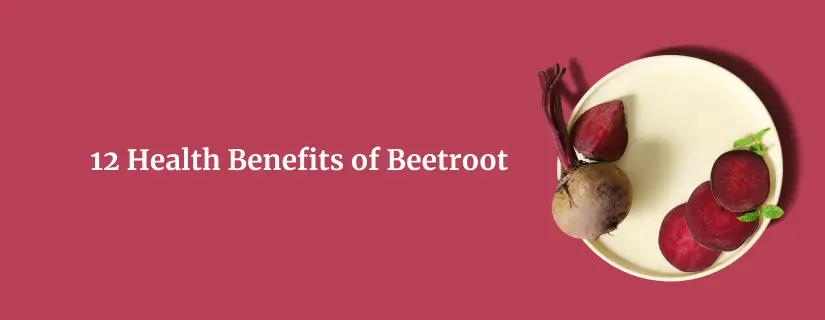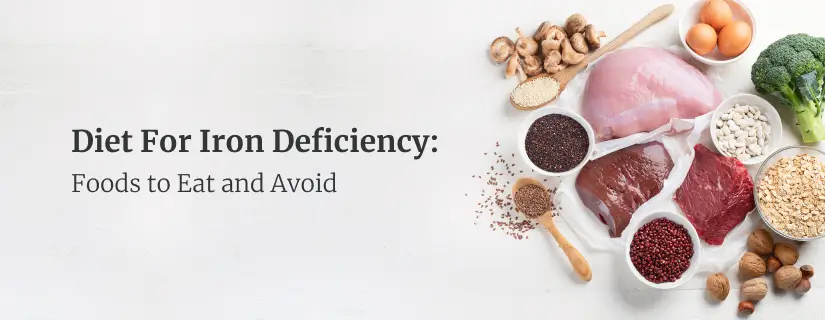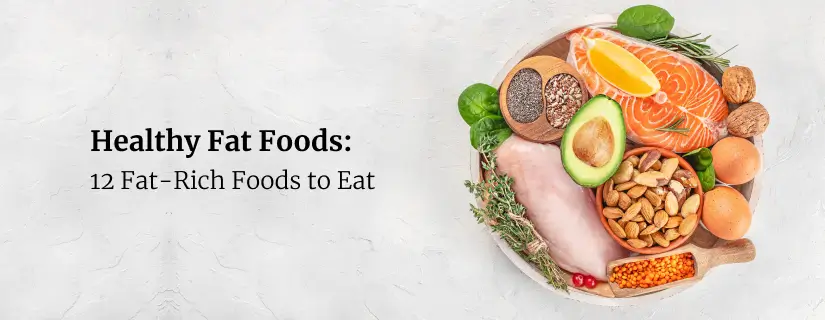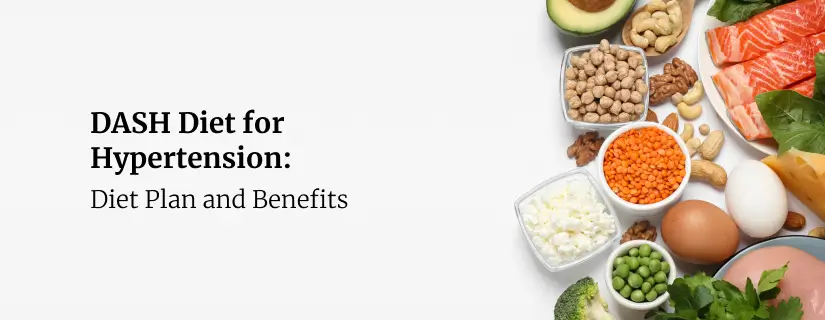-
Doctors
-
Specialities & Treatments
Centre of Excellence
Specialties
Treatments and Procedures
Hospitals & Directions HyderabadCARE Hospitals, Banjara Hills CARE Outpatient Centre, Banjara Hills CARE Hospitals, HITEC City CARE Hospitals, Nampally Gurunanak CARE Hospitals, Musheerabad CARE Hospitals Outpatient Centre, HITEC City CARE Hospitals, Malakpet
HyderabadCARE Hospitals, Banjara Hills CARE Outpatient Centre, Banjara Hills CARE Hospitals, HITEC City CARE Hospitals, Nampally Gurunanak CARE Hospitals, Musheerabad CARE Hospitals Outpatient Centre, HITEC City CARE Hospitals, Malakpet Raipur
Raipur
 Bhubaneswar
Bhubaneswar Visakhapatnam
Visakhapatnam
 Nagpur
Nagpur
 Indore
Indore
 Chh. Sambhajinagar
Chh. SambhajinagarClinics & Medical Centers
Book an AppointmentContact Us
Online Lab Reports
Book an Appointment
Consult Super-Specialist Doctors at CARE Hospitals
Balanced Diet: Importance, Benefits, Foods to Eat and Avoid
Updated on 17 April 2024
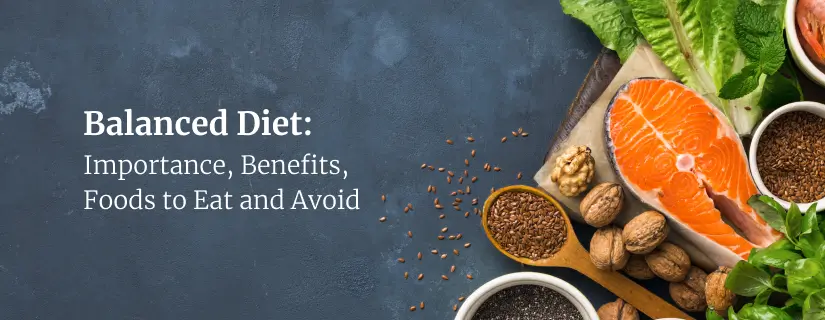
A balanced diet is a cornerstone of active life and optimal well-being. It delivers vitamins, minerals, antioxidants, and macronutrients crucial for energy production, tissue repair, immune function, and metabolic regulation. Yet, in today's fast-paced world, many people neglect the importance of a balanced diet. This article will explore why a balanced diet is vital for overall well-being. By understanding what a balanced diet entails, the benefits of a balanced diet, and the foods to avoid, you can make informed choices that will enhance your health and potentially save your life.

What is a Balanced Diet?
A balanced diet includes a wide array of food products from different food groups in appropriate proportions. It contains carbohydrates, proteins, fats, vitamins, minerals, and fibre. Each of these components has a vital role in maintaining good health. Carbohydrates provide energy, proteins build and repair tissues, fats support brain function and hormone production, vitamins and minerals support various bodily functions, and fibre aids digestion and prevents constipation.
The key to a balanced diet is to include foods from all groups. It means consuming whole grains, lean proteins, healthy fats, and various fruits and vegetables. It's about finding the right balance and avoiding excessive consumption of any particular food group. Doing so ensures your body receives all the essential nutrients needed to thrive.
Calorie Requirements
- Sedentary Children (2–8 years): 1,000–1,400 calories
- Active Children (2–8 years): 1,000–2,000 calories
- Females (9–13 years): 1,400–2,200 calories
- Males (9–13 years): 1,600–2,600 calories
- Active Females (14–30 years): 2,400 calories
- Sedentary Females (14–30 years): 1,800–2,000 calories
- Active Males (14–30 years): 2,800–3,200 calories
- Sedentary Males (14–30 years): 2,000–2,600 calories
- Active Adults (30 years and older): 2,000–3,000 calories
- Sedentary Adults (30 years and older): 1,600–2,400 calories
Why Is It Important To Have A Balanced Diet?
A balanced diet has numerous advantages for physical and mental health. Some of the benefits of balanced diet are:
- When you nourish your body with various nutrients, you enhance your immune system and reduce the likelihood of chronic diseases, such as diabetes, cardiovascular diseases, and certain cancers.
- A balanced diet also helps regulate energy levels, improves metabolism, and assists in weight management by providing satiety while controlling calorie intake.
- Necessary nutrients also support bodily functions and promote optimal growth and development.
- A balanced diet promotes healthy digestion, boosts energy levels, and supports overall well-being.
- Furthermore, according to various studies, a balanced diet can significantly impact mood and mental well-being. Certain nutrients, such as omega-3 fatty acids-rich food, like fatty fish, nuts, and seeds, help reduce the risk of depression and anxiety.
- Antioxidants found in fruits and vegetables also protect the brain tissues and neurons from oxidative damage, potentially reducing the probability of cognitive decline and various neurodegenerative diseases.
- Antioxidants and plant-based biochemical compounds help improve skin and hair health.
- A balanced diet comprises different food products in appropriate proportions, ensuring that individuals obtain essential nutrients and fostering vitality and longevity.
- Consuming a balanced diet during pregnancy may improve mother and child's health and support breastfeeding.
Components of a balanced diet
A balanced diet includes a variety of foods in the right proportions to provide the nutrients your body needs to function well. Here are the main components of a balanced diet:
- Fruits and Vegetables: Aim to fill half your plate with a variety of colorful fruits and vegetables. They provide essential vitamins, minerals, and fiber.
- Proteins: Include sources of protein such as lean meats, fish, eggs, beans, lentils, and nuts. Proteins help build and repair tissues.
- Carbohydrates: Choose whole grains like brown rice, whole wheat bread, and oats for energy. Carbohydrates are your body’s main source of fuel.
- Dairy or Dairy Alternatives: Incorporate milk, yogurt, or cheese, or plant-based alternatives like almond or soy milk. They provide calcium and vitamin D for strong bones.
- Fats: Include healthy fats from sources like avocados, olive oil, nuts, and seeds. Limit saturated fats and avoid trans fats for heart health.
- Water: Stay hydrated by drinking plenty of water throughout the day. It's essential for all bodily functions.
What to Eat For A Balanced Diet?
You must include various nutrient-dense food products in your daily meals to achieve a balanced diet. Some of the common components of a balanced diet which everyone should know are as follows:
- Whole Grains: Whole grains such as brown rice, whole wheat bread and quinoa are an integral component of your balanced diet. These provide fibre and essential nutrients that refined grains lack.
- Lean Proteins: Instead of red meat, include lean protein products in your diet, such as poultry, fish, beans, and tofu. These provide essential amino acids for tissue repair and development.
- Healthy Fats: Avocados, flaxseeds, eggs, nuts, and olive oil are rich sources of healthy fats. They are crucial for brain health and can help reduce the risk of cardiovascular disease.
- Fruits and Vegetables: Aim to incorporate various colourful veggies and fruits into your diet, as they are rich in vitamins, minerals, and antioxidants. Leafy greens, citrus fruits, berries, broccoli, and cauliflower are great choices.
- Dairy or Dairy Alternatives: Choose low-fat dairy products or alternatives like almond or soy milk. These food items provide calcium and other essential nutrients crucial for bone health.
- Hydration: Hydration is vital for optimal well-being and helps maintain bodily functions, so drink 8-10 glasses of water daily.
Which Foods One Should Avoid For a Healthy Balanced Diet
While it's essential to focus on incorporating nutrient-dense foods into your diet, it's equally crucial to be mindful of foods that can negatively impact your health. The following are some food items to avoid or limit:
- Processed Foods: Highly processed foods often contain added salt, sugars, unhealthy fats, and artificial ingredients. These include packaged snacks, sugary cereals, and fast food. They contain little nutritional value and can contribute to weight gain and chronic diseases.
- Sugary Foods and Beverages: Foods high in added sugars, such as candy, soda, shakes, and pastries, can cause weight gain and an increased chance of various chronic conditions, such as diabetes and heart disease.
- Trans Fats: Trans-fatty acids, often found in fried and baked goods, increase bad cholesterol (LDL) levels and raise the risk of heart disease. Therefore, read food labels carefully and avoid products that contain partially hydrogenated oils.
- Excessive Salt: Consuming more salt than the normal range can lead to high blood pressure and increase the risk of heart disease. Avoid processed and packaged foods to control your salt intake, and choose fresh or homemade meals.
- Alcohol: Excessive alcohol drinking can cause liver damage and an increased risk of various health conditions. It is always advisable to reduce or completely stop your alcohol intake.
By being mindful of these food items and making healthier choices, you can optimize your diet and reap the benefits of a balanced diet.
7-Day Balanced Diet Plan
- Day 1
- Breakfast: Oatmeal topped with sliced banana and a sprinkle of cinnamon.
- Snack: A handful of almonds.
- Lunch: Grilled chicken salad with mixed greens, cherry tomatoes, cucumbers, and vinaigrette dressing.
- Snack: Carrot sticks with hummus.
- Dinner: Baked salmon with quinoa and steamed broccoli.
- Day 2
- Breakfast: Greek yogurt with mixed berries and a drizzle of honey.
- Snack: A small apple.
- Lunch: Whole grain wrap with turkey, spinach, and avocado.
- Snack: Celery sticks with peanut butter.
- Dinner: Stir-fried tofu with mixed vegetables (bell peppers, snap peas, carrots) over brown rice.
- Day 3
- Breakfast: Smoothie made with spinach, banana, and almond milk.
- Snack: Hard-boiled egg.
- Lunch: Lentil soup with a side of whole grain bread.
- Snack: Sliced cucumber with tzatziki sauce.
- Dinner: Grilled shrimp with couscous and a side salad.
- Day 4
- Breakfast: Scrambled eggs with spinach and whole-grain toast.
- Snack: A pear.
- Lunch: Quinoa salad with black beans, corn, bell peppers, and lime dressing.
- Snack: A few walnuts.
- Dinner: Baked chicken thighs with roasted sweet potatoes and green beans.
- Day 5
- Breakfast: Overnight oats with chia seeds and diced apples.
- Snack: A small orange.
- Lunch: Tuna salad with mixed greens and whole grain crackers.
- Snack: Bell pepper strips with guacamole.
- Dinner: Whole wheat pasta with marinara sauce, lean ground turkey, and a side of steamed vegetables.
- Day 6
- Breakfast: Whole grain pancakes topped with fresh strawberries and a drizzle of maple syrup.
- Snack: Greek yogurt with a sprinkle of granola.
- Lunch: Vegetable and bean chili with a side of cornbread.
- Snack: A banana.
- Dinner: Grilled steak with baked potatoes and asparagus.
- Day 7
- Breakfast: Smoothie bowl topped with sliced fruit, nuts, and seeds.
- Snack: Cottage cheese with pineapple.
- Lunch: Chicken Caesar salad with whole grain croutons.
- Snack: Mixed nuts.
- Dinner: Stuffed bell peppers with quinoa, black beans, and cheese.
Conclusion
A balanced diet is the foundation for good health and provides the body with essential nutrients for optimal functioning. Incorporating various foods from different food groups can boost your immunity, reduce the risk of chronic ailments, maintain a healthy weight, and improve cognitive function.
Remember to focus on whole grains, lean proteins, healthy fats, and a colourful array of fruits and vegetables. Be mindful of the foods to avoid, such as highly processed foods, sugary treats, trans fats, excessive salt, and alcohol. You can also consult a healthcare professional or nutritionist for personalized guidance. By making informed choices and prioritizing a balanced diet, you can take control of your health and potentially save your life. So, take charge of your health with a balanced diet today!
Dt. Sunita
Dietitian
Gurunanak CARE Hospitals, Musheerabad, Hyderabad
FAQs
1) What are the 3 consequences of a poor diet?
A poor diet can lead to:
- Weight gain and obesity.
- Increased risk of chronic diseases like diabetes, heart disease, and high blood pressure.
- Low energy levels and poor mental health.
2) How eating healthy will affect your life?
Eating healthy can improve your energy, boost your mood, help you maintain a healthy weight, and lower the risk of many diseases. It also supports better mental focus and overall well-being.
3) What is in a balanced diet?
A balanced diet includes a variety of foods that provide essential nutrients: fruits, vegetables, whole grains, lean proteins (like chicken, fish, or beans), and healthy fats (from nuts, seeds, and olive oil). It ensures you get the right amount of vitamins and minerals.
4) What is a balanced diet for children?
For children, a balanced diet includes fruits, vegetables, whole grains, lean proteins (like eggs, meat, and beans), and dairy for calcium. Children also need enough fats for energy and development, but focus on healthy fats like those from avocados and nuts.
5) Can a balanced diet reduce weight?
Yes, a balanced diet can help reduce weight if it includes proper portion control and focuses on nutritious, low-calorie foods. Combining it with regular physical activity can lead to healthy weight loss.
6) Why is it important to eat a balanced diet?
Eating a balanced diet is important because it provides the nutrients your body needs to function properly. It helps maintain a healthy weight, boosts energy, supports brain function, and reduces the risk of diseases.

ENQUIRY FORM
SELECT CATEGORIES
-
Neurosciences (16)
-
Neurology (37)
-
Neurosurgery (14)
-
Orthopaedics (48)
-
Oncology (33)
-
Obstetrics and gynecology (52)
-
Pulmonology (23)
-
Urology (20)
-
Nephrology (13)
-
Psychiatry (7)
-
Dietetics and Nutrition (111)
-
General Medicine (63)
-
Cardiac Sciences (32)
-
Vascular & Endovascular Surgery and Interventional Radiology (15)
-
Gastroenterology (46)
-
Endocrinology (23)
-
Plastic Surgery (10)
-
Critical Care Medicine (5)
-
COVID-19 (16)
-
Dermatology (16)
-
Emergency Care (1)
-
Ophthalmology (4)
-
Pediatrics (14)
-
Laparoscopic and Bariatric Surgery (8)
-
ENT (15)
-
Kidney Transplant (1)
-
Liver Transplantation and Hepatobiliary Surgery (5)
-
General Surgery (3)
-
Internal Medicine (5)
-
Medicine Information
Diet for Jaundice: What Foods to Eat and Foods to Avoid
Stomach Ulcer Diet: What Foods to Eat and to Avoid
YOU MAY ALSO LIKE
RECENT BLOGS
-

Preterm Birth (Premature Birth): Symptoms, Causes, Treatment and Prevention
13 May 2025
Read More
-

Rotablation Angioplasty: Benefits, Treatments, And Recovery Time
9 May 2025
Read More
-

What Is The Difference Between IUI and IVF?
9 May 2025
Read More
-

Venous Malformations: Causes, Symptoms, and Treatment
30 April 2025
Read More
-

Varicose Vein Foam Sclerotherapy: Treatment, Benefits, and Procedure
30 April 2025
Read More
-

Radiofrequency (RF) Ablation Treatment for Varicose Veins: Know More
30 April 2025
Read More
-

Varicose Vein Sclerotherapy: Treatment, Benefits, and Procedure
30 April 2025
Read More
-

Varicose Vein Endovenous Laser Ablation: Procedure, Benefits, Risks
30 April 2025
Read More
Have a Question?
If you cannot find answers to your queries, please fill out the enquiry form or call the number below. We will contact you shortly.










